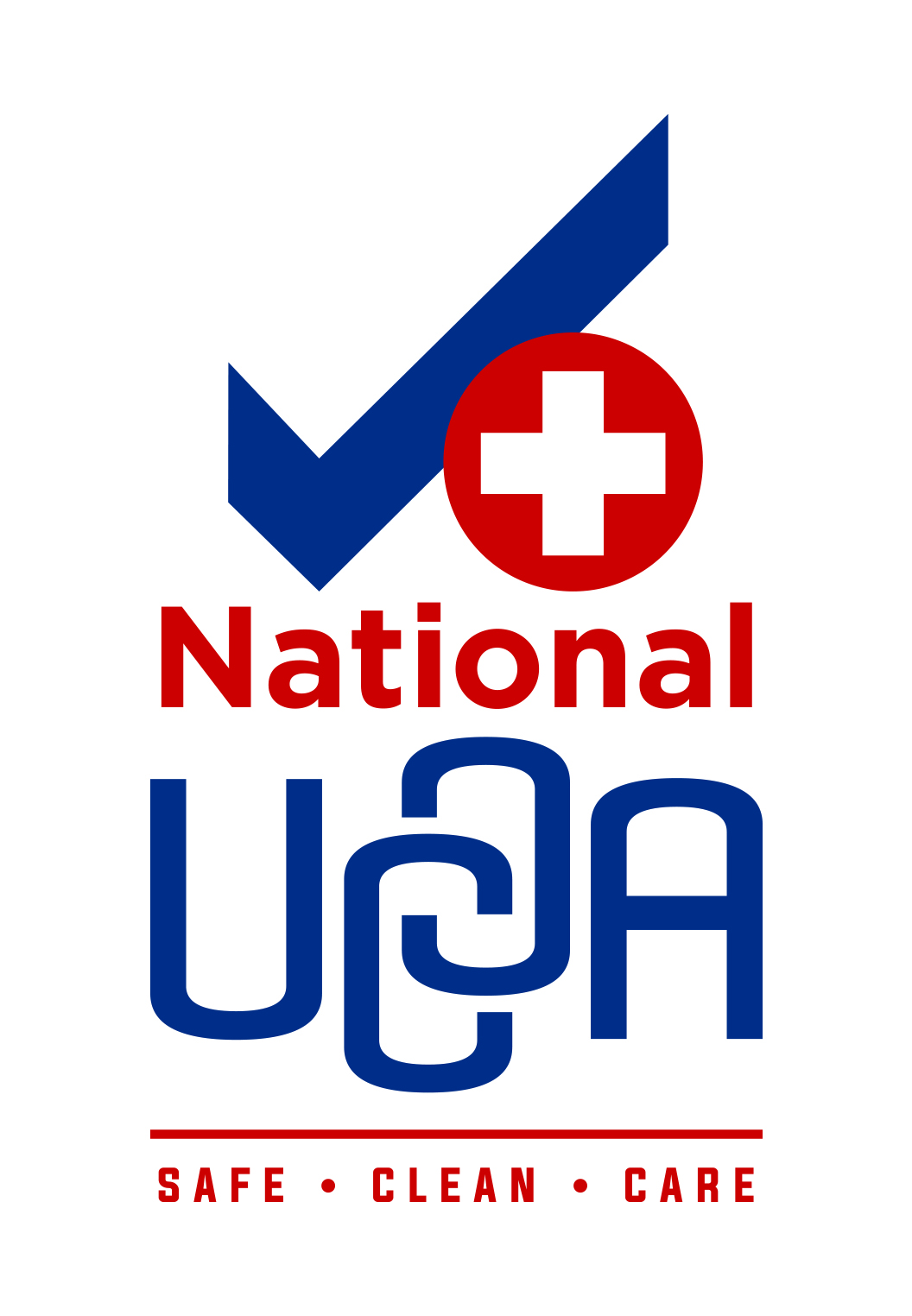Classification of Urgent Care Centers
Classification is a ‘categorization’ of an Urgent Care facility for the purpose of providing better clarity for patients who are seeking treatment. Classification is not related to a clinic's accreditation. National Urgent Care Center Accreditation (NUCCA) will assign the Level of Classification to a clinic based on the individual findings within each clinic, and any additional information collected, when conducting a review of an Urgent Care Center for accreditation. NUCCA may adjust the Level of Classification assigned to a clinic based on the individual findings within each clinic, and any additional information collected, when conducting a review of an Urgent Care Center for reaccreditation.
LEVEL I:
Essentially equivalent of FSED (Freestanding Emergency Departments)
- Staffed by Board Certified Family Practice, Urgent Care Medicine, Internal Medicine and/or Emergency Medicine physicians with a minimum of three years of full-time clinical experience in Urgent Care Medicine and RNs (registered nurse) and/or LPNs (licensed practical nurse).
- Physicians must be certified in ATLS (Advanced Trauma Life Support) and ACLS (Advanced Cardiovascular Life Support).
- Must be capable of the following:
- Direct admission via Hospitalist or Emergency Department acceptance
- IV therapy capable.
- Ability to provide cardiac markers, equipped with slit lamp, tonometry and Morgan lens®. Capable to treat anterior & posterior epistaxis, trauma, reduction of joint dislocation, special procedures (MDs with Orthopedic and/or Surgical experience), laceration repair, phlebotomy, medical crash cart equipped to treat cardiac and drug overdose events. Ability to intubate pediatric and adult patients.
- CLIA-certified lab. (Clinical Laboratory Improvement Amendments)
- X-ray, CT and/or Ultrasound with radiology or teleradiology immediately available during operational hours.
- Operating seven-days-a-week with minimum 12 hours a day.
LEVEL II:
- Staffed by Board certified Family Practice, Urgent Care Medicine, Internal Medicine and/or Emergency Medicine physicians with a minimum of three years of full-time clinical experience in Urgent Care Medicine.
- Physicians must be certified in ACLS (Advanced Cardiovascular Life Support).
- May be independently owned and operated by a non-hospital organization.
- CLIA-waived lab; X-ray & imaging on-site. (Clinical Laboratory Improvement Amendments)
- Occupational medicine and drug screens according to mandated protocols with services provided for injured workers (with multidisciplinary/ancillary services (ex: Physical Therapy/Occupational Therapy).
- Operating seven-days-a-week with an average of 10 hours a day with modified hours on weekends and holidays; may be close on elective holidays.
LEVEL III:
- Staffed by a mix of licensed physicians and physician extenders supervised by a Medical Director with a minimum of three years of full-time clinical experience in Urgent Care Medicine, Family Practice, Internal Medicine or Emergency Medicine.
- Providers must be certified in BLS (Basic Life Support).
- Limited Occupational medicine (such as DOT & employment physicals only).
- CLIA-waived lab. (Clinical Laboratory Improvement Amendments)
- Operational hours depend on market concentration.
LEVEL IV:
- Staffed by supervised physician extenders (Physician Assistant/Nurse Practitioner); remote medical supervision by a licensed physician (equivalent to Minute Clinic, Little Clinic, Take Care).
- Providers must be certified in BLS (Basic Life Support).
- Basic on-site lab, no radiology or suturing performed. Posting of service limitations.
- Operational hours depend on market concentration.
*** AT ALL LEVELS:
No tobacco or alcohol is permitted to be sold on-site and/or advertised.
Urgent Care: Know Your Terms And Know Where To Go
Urgent Care Center or Emegency Department? Urgent Care: Know Where to Go
National Urgent Care Center Accreditation intends this ‘categorization’ of Urgent Care Facilities/Centers to be for the purpose of providing better clarity for patients who are seeking treatment and/or evaluation for Urgent Care medical conditions and does not in any way deter a patient or patients from deciding to go to the nearest Emergency Department.
National Urgent Care Center Accreditation also recommends that patients suffering from a life-threatening condition, or any perceived potential emergency, either physical or mental, that they should call 911 and/or go to the nearest appropriate Emergency Department.
